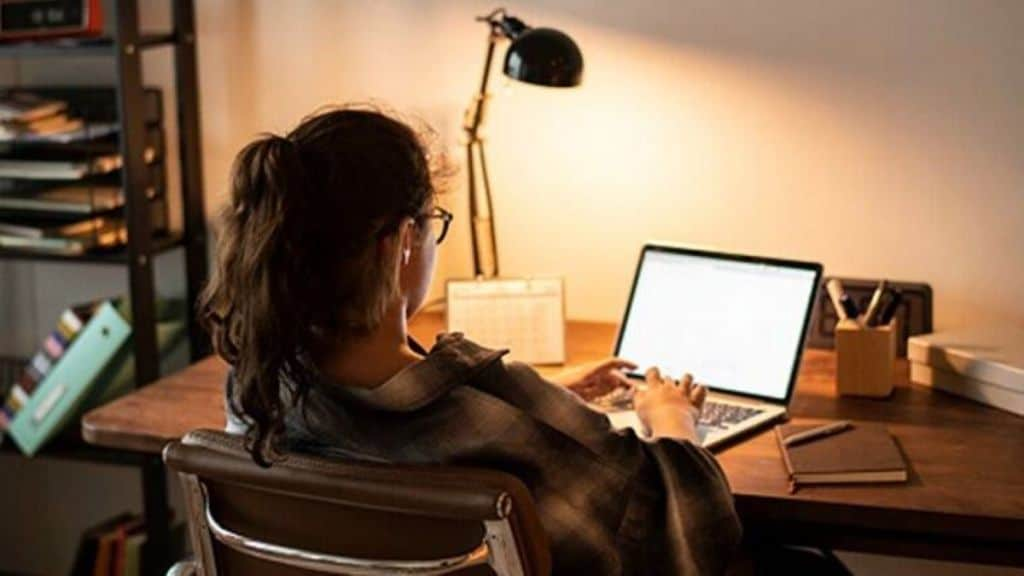Ben Iverson, director of International Programmes and Enrolment at Augustana University, USA shares his views on scopes and challenges of education system with FE Education Online.
1. What is the best thing about today’s education system?
I think that the education system in the U.S., particularly at smaller liberal arts colleges and universities like Augustana University, is especially student-centered and flexible. Students have the opportunity to change their mind, double major, get practical experience through internships, research, or study abroad, and are encouraged to think critically and from a variety of viewpoints about the complex problems before all of us today. Liberal arts training is designed to help students even in “technical” fields like computer science or engineering think more creatively, communicate effectively, work in diverse teams, and provide leadership — valuable skills in any field of work. In the end, the liberal arts experience in the U.S. prepares students for a career (maybe with many different types of jobs over the course of one’s working life) in a work environment which witnesses rapid change owing to technology, and not just one job, as one might find in more technical education program.
2. What is the one thing you would like to change in the system?
The cost of higher education in the U.S. can be expensive. I wish that it were more accessible for more students around the world. Still, many universities like Augustana provide generous scholarships (in our case, scholarships in the range of $15,000 to $25,000 are awarded to admitted students from South Asia), helping to lessen the burden for students and families. In the U.S., though, obtaining a bachelor’s degree means earning one million dollars more over the course of one’s working lifetime, on average, than someone without a bachelor’s degree. The initial investment is not unsubstantial, but the payoff both in terms of earning potential as well as becoming a well-educated lifelong learner and global citizen is well worth it.
3. What is the role digital has played in the evolution of the education system?
Compared to their parents’ generation, students today have instantaneous access to mountains of information and data, not all of which is necessarily complete or accurate. Helping students develop the skills to effectively process, synthesize, understand, and think critically about information, and communicate it effectively to others, should be a key priority for educational systems. The possibility for virtual learning has also provided better access for students in remote areas, working adults with families and more. Finally, technological advances in many industries has meant a rapidly changing work environment. Training people to do one thing – the assembly line model – is no longer particularly effective in the long term in an environment for young people where many of the jobs of tomorrow haven’t even been created yet because of the pace of technological change.
4. What has been the disadvantage of digital in education?
Students come to study at places like Augustana because of the learning that takes place inside the classroom, laboratories and library. Besides there is life experience and learning that come from being surrounded outside of the classroom by other bright and motivated students, by participating in sports, fine arts, student government, clubs and organizations, internships, and the like. While good online programs exist, many of those experiential learning opportunities and chances to develop social skills and connections are missing in the online environment.
5. What is the career advice you would like to give to students?
First, the world is becoming a more interconnected place by the day. The global pandemic is just one current example. Students would be wise to get international and intercultural experience, to develop language skills, and to make friends and colleagues in other parts of the world. For American students and Indian students alike, I can’t recommend studying abroad strongly enough.
Second, I would encourage students to keep an open mind when it comes to their studies, particularly when coming to a place like the U.S. that offers such incredible flexibility. Here, students are exposed to many possibilities and might discover passions and talents in areas related to (or unrelated to) – or in addition to – what a student might think is his or her current major choice. As an 18-year-old at Augustana, I couldn’t have envisioned that my interest in languages and travel and international relations would have led me to a career in education, but I’m so glad it did. I’m blessed to work with the adventurous young leaders of tomorrow through my job. The liberal arts experience opens doors and opportunities for students in ways that are hard to fully appreciate until much later in one’s working life.
Also Read: How international curriculum is adding value to Indian learners


